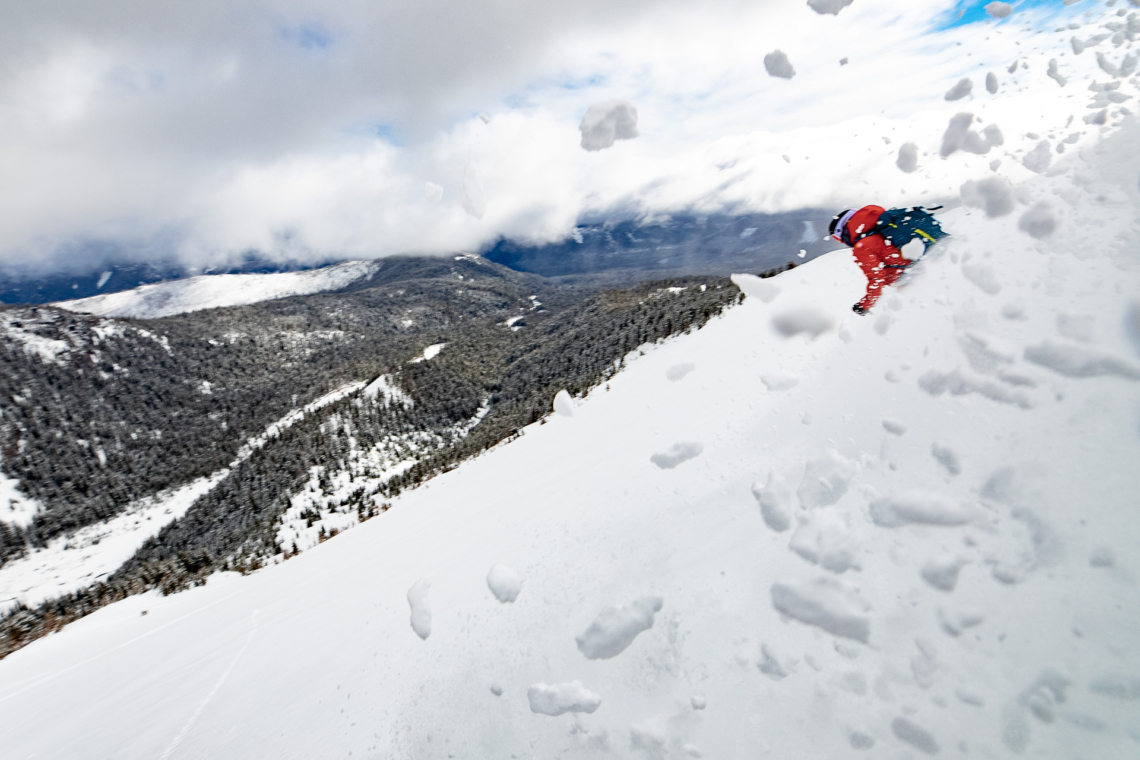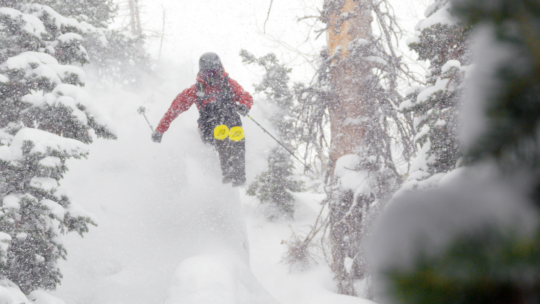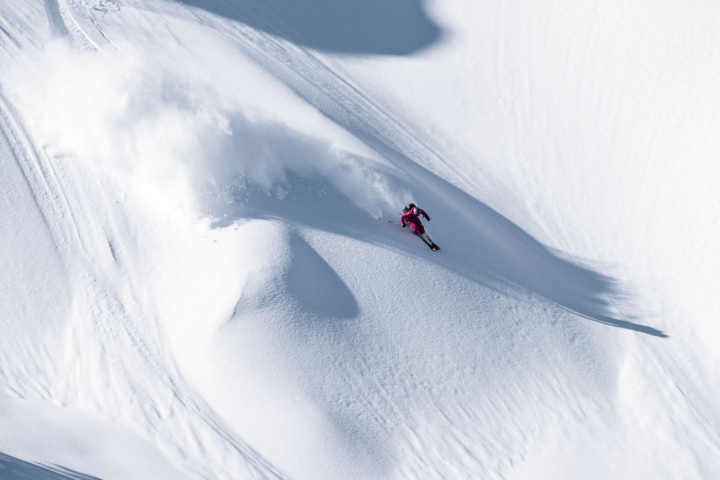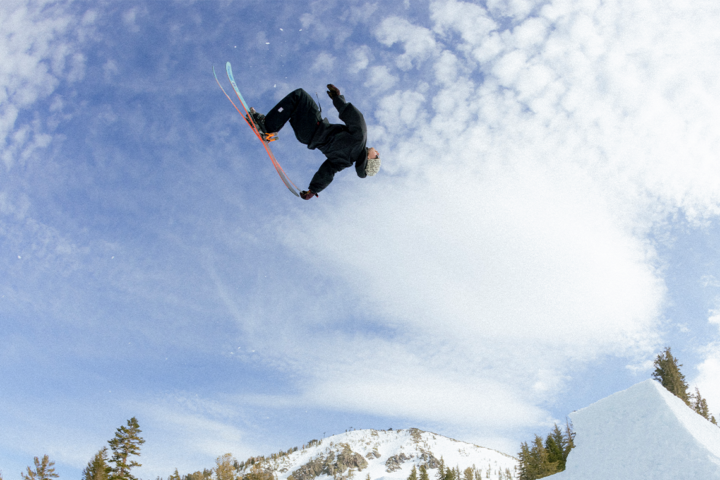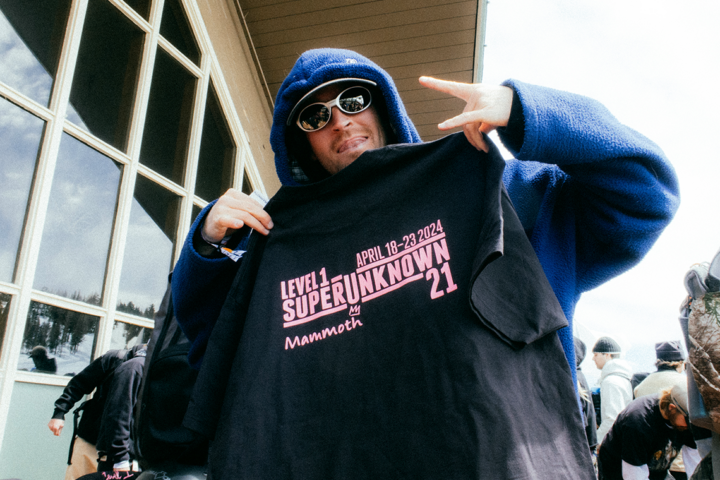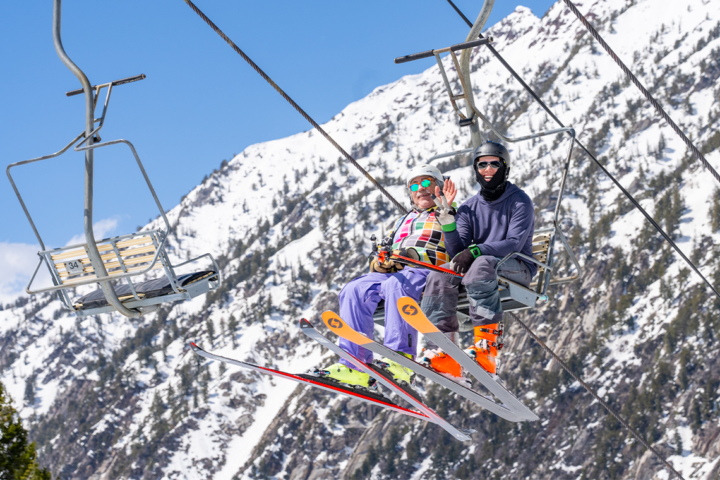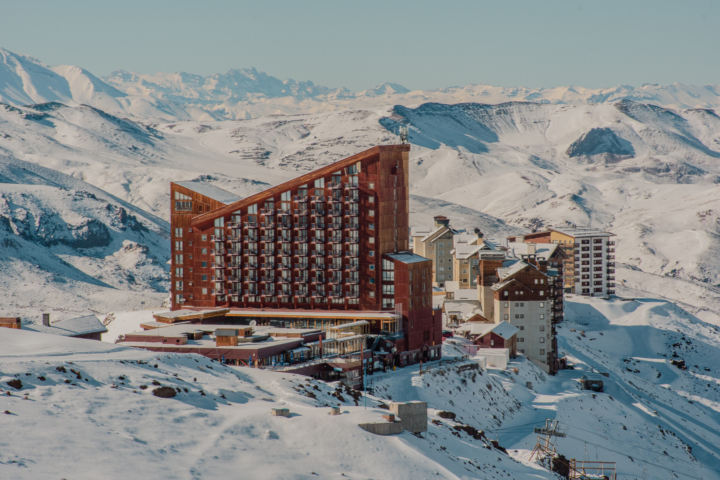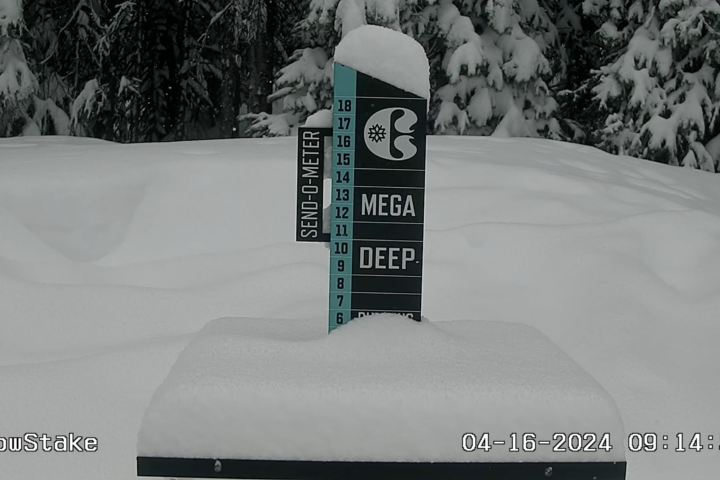Featured Image: David Reddick
As record-breaking heatwaves, devastating wildfires and the subsequent smoke continue to stifle the mountain west, it’s imperative that we all take the necessary steps to improve the environment we’re living in—and that goes for businesses, too. Conceived in 2006, the Certified B Corporation came to be when three friends left their careers in business and private equity to develop an organization that encourages mission-driven companies to instill and continuously grow their positive impact. By 2007, 82 businesses bore the B Corp Certification emblem, which is administered by the non-profit B Lab, and now over 4,000 companies worldwide are a part of the B Corp community.
With the goal of curating a global economy that uses business for good, companies are assessed on their impact not only on the environment, but also on customers, employees and the community in which they do business. B Corp businesses are recognized for working toward closing the wage gap, increasing diversity within the workplace, strengthening communities, leaving the environment healthier than it was and generating meaningful and dignified jobs. FREESKIER caught up with representatives from B Corp Certified brands WNDR Alpine, Patagonia, Taos Ski Valley, MPOWERD and Mountainflow Ecowax to learn more about what it means to be a B Corp business and why it’s important for more brands to join the B Corp community. Keep scrolling for the full Q&A, below.
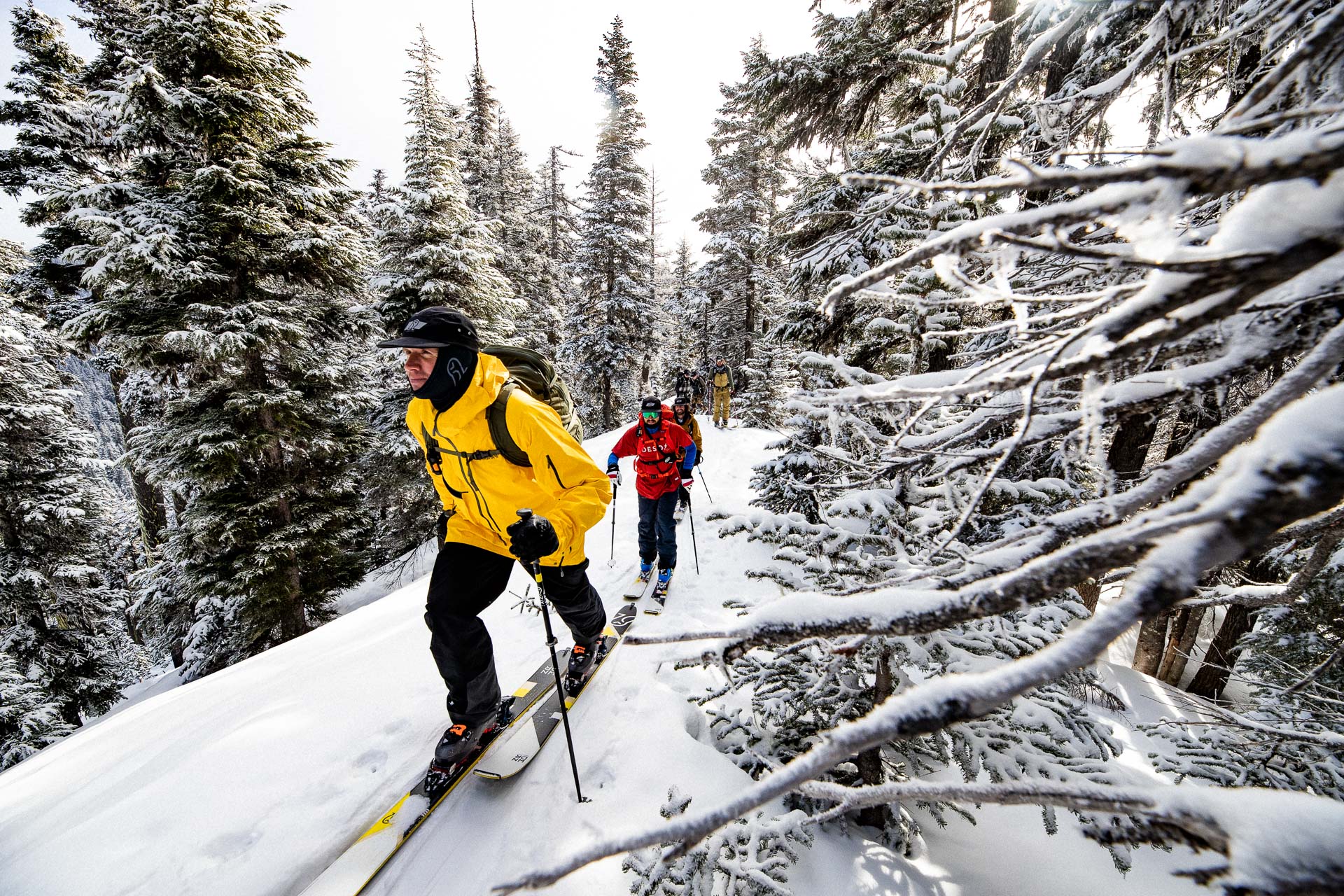
Touring up with WNDR Alpine. | PHOTO: David Reddick
Why did your brand decide to achieve B Corp certification?
Pep Fujas, VP Marketing and Product Development of WNDR Alpine: We felt like it was imperative to achieve this certification because it holds us more accountable to all of the different pathways that we feel are beneficial as a business. We feel like we need to have a very strong tie with our community and internally we want to provide a really safe place for people, provide them with good benefits, prospects for the future and the extras that we don’t feel are extras, in terms of healthcare and promoting a healthy lifestyle—that goes for physical and mental wellbeing. We also saw B Corp as having a structured platform that could help show us how to govern our business in an ecologically friendly way. It gives us motivation to always make the right decision, that is not just for the internal stakeholders but for everybody.
Corey Simpson, PR Manager of Patagonia: We had been doing a lot of environmental and stewardship work before B Corp was around, we founded something called 1% For The Planet in the late 90s, and we saw B Corp as the next step forward for companies to truly live out an environmental and social mission and to really do the best they can with their business—understanding that they would be able to put people and the planet at the very top of their list for how they want to conduct themselves as a business. We felt, at Patagonia, that it was one of the most important steps we can do on the corporate level to really live out the mission that we had put forward.
Peter Arlein, Founder and CEO of Mountainflow Ecowax: Our existing values really aligned well with what B Corp stood for, so it seemed like an obvious fit and we wanted to be held accountable and we also wanted to highlight the things we were already doing and B Corp is a great way to do both of those things.
What is the incentive for outdoor brands to achieve B Corp certification?
David Norden, CEO of Taos Ski Valley: The greatest incentive is to know that you are using your business to enhance the lives of others, the environment and to perform as responsibly as a company can perform.
Daniel Queiroz, E-Comm and Digital Marketing Director of MPOWERD: You get this qualification that serves as a marketing tool to say that you are a company that cares about all of these different pillars—we care about the planet, we abide by certain protocols—so it puts us in a better light versus companies that are not B Corp affiliated.
Pep Fujas: It shows that you are walking the walk, instead of just talking the talk. We owe it as businesses in the outdoor space to really respect the environment in which we play. The outdoor industry really needs to lead in this movement and I think there will be a lot of other companies that will go down this path as well, to show that what they’re doing is what they say they’re doing.
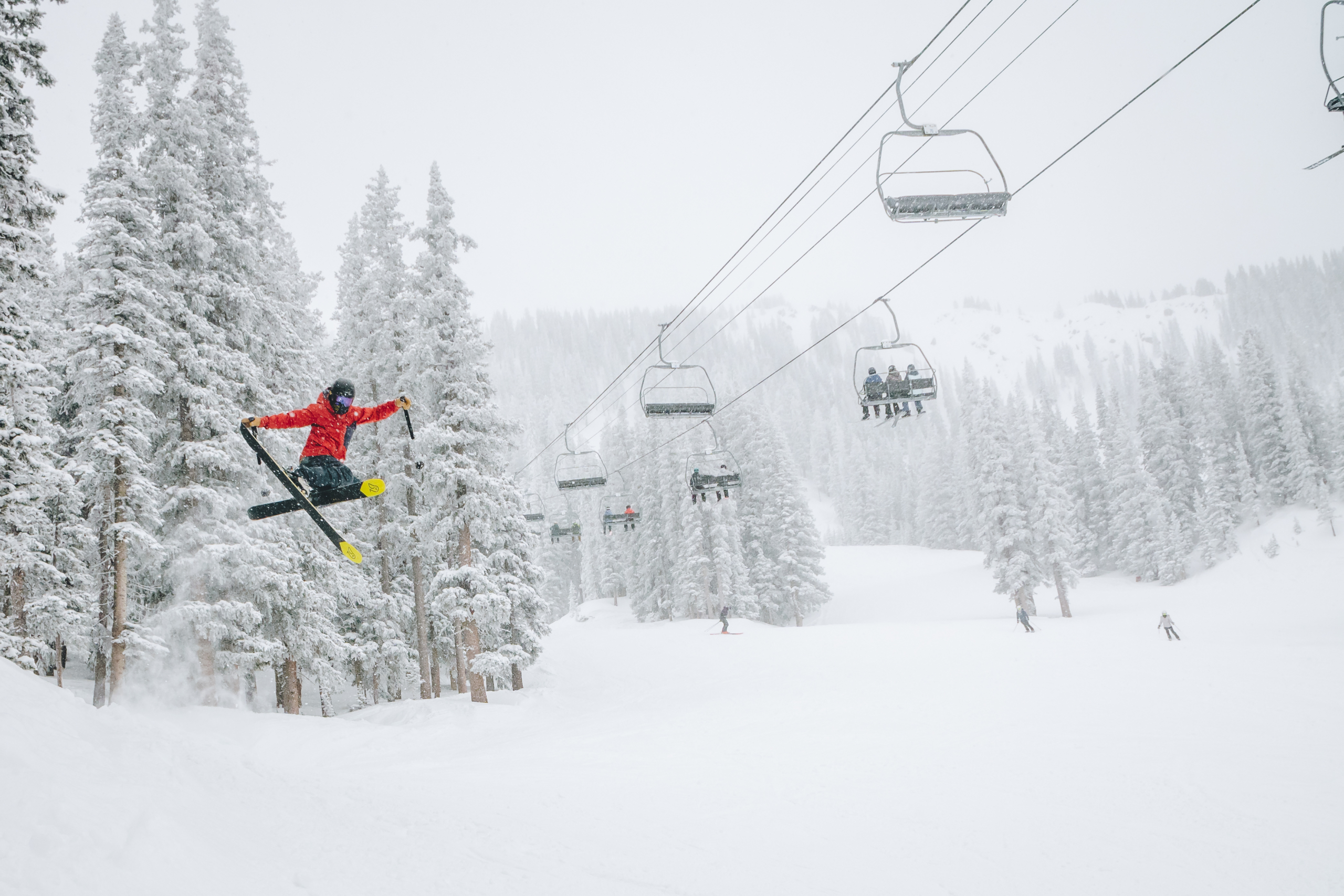
Pep Fujas blasting at Taos Ski Valley. | PHOTO: Neil Gotschall
What new initiatives has your brand put into place following B Corp certification?
Corey Simpson: We had so much already in place when we signed on to go to B Corp. And then as we went through the regulations and the standards and testing of everything, I do know we made substantial changes to our packaging and shipping and delivery mechanisms. I do think that something that really helps us is—because B Corp is very clear of what their goals are and what their structure is—there’s no gray area. You know exactly where you stand against these other companies and you know where you can improve.
Daniel Queiroz: There are certain things that I would say we have implemented based on the B Corp certification, we have a very diverse team and that is one of the B Corp requirements, to be inclusive. We have a woman as a CEO of our company, she is also a woman of asian descent. In terms of community, we have partnered with so many different NGOs to provide light to different initiatives, like disaster relief to being able to equip a school in Africa and that is all based on our business model.
What can we look forward to seeing from your brand in the future, along the guidelines of B Corp certification?
David Norden: We are a member of Camber Outdoors, and we meet regularly and continue to learn more about social equity. We’re looking at youth ski programs for kids from underprivileged communities and we’re also looking at our hiring practices to remove bias and hire as diverse a workforce as possible.
Pep Fujas: Currently we’ve increased our bio-based content in the materials that we are making. We went from 58% last year to 68% this year. And of course the integration of other bio-based technologies into our products as they’re being developed. We’re also involved in some other social initiatives for community building and education. And we’ll continue to implement our technologies into other divisions, so we’ll be coming out with snowboards in 2023 and we’re also launching a bio-based wicking application that will be used in textiles.
Peter Arlein: We did just launch a line of plant-based and biodegradable bike products and they align with a lot of the B Corp standards, so the products themselves are environmentally friendly and sustainable, and the packaging is either biodegradable and recyclable or made from post-consumer recyclable material. We’re using the same ethos from our ski products and using them for our new bike products, which includes a bike lube, a bike wash and a bike grease.
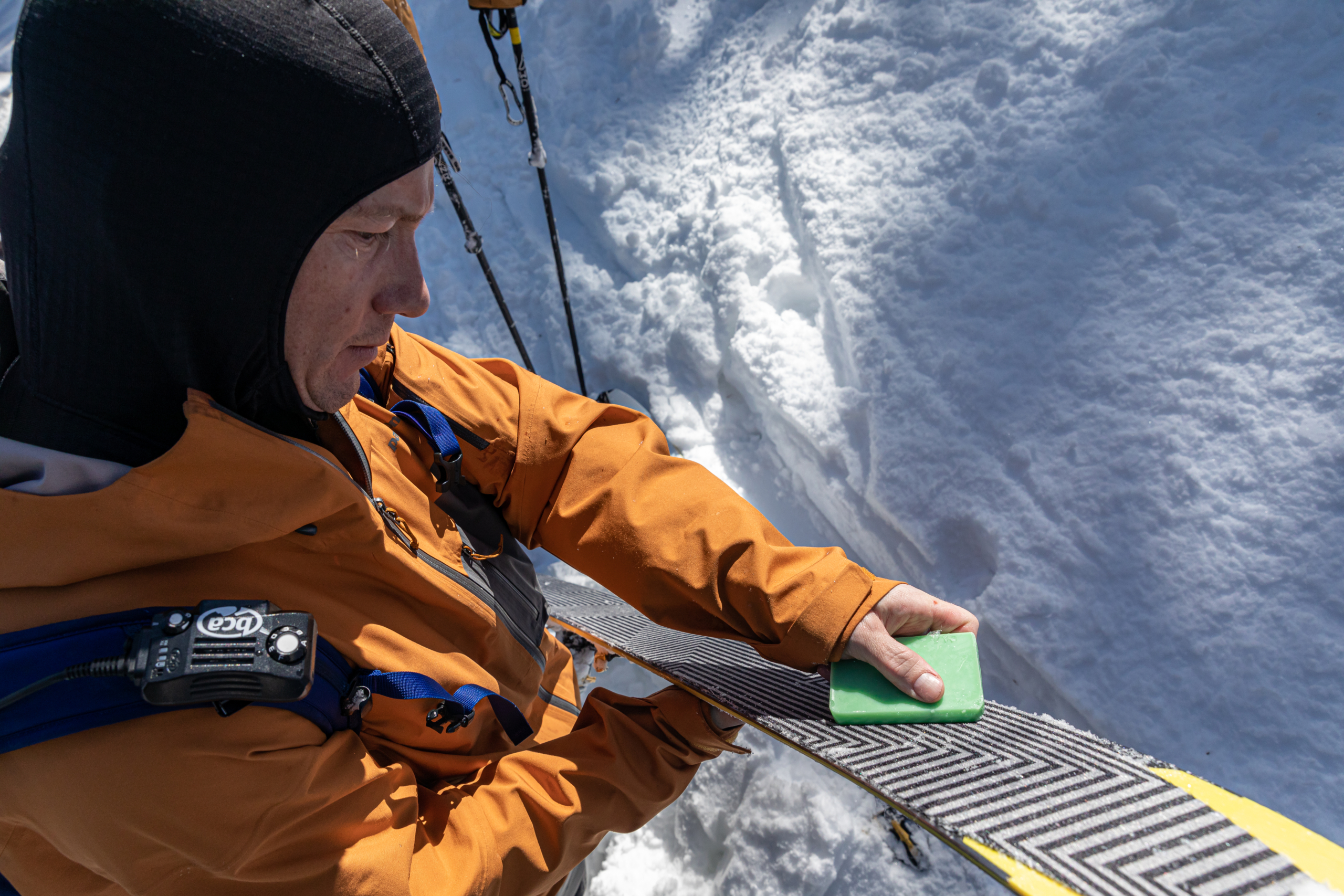
Mountainflow makes skin wax, too. | PHOTO: Carson Meyer
Why is it important for more brands to consider achieving this certification?
Corey Simpson: It’s imperative that brands commit to doing better, in terms of social and environmental causes, and I think B Corp is one of the most important ways for businesses to do that. It creates a universal standard that we’re all in and we’re all working towards improving and it’s such crucial work for what we’re doing. Once you become B Corp certified, it changes the whole dynamic of how you think about your business, how you think about operating, how you think about creating business partners and supply chains. It’s just this incredible domino effect for all the positives because you understand where and what you need to improve on, and where and what and how you can make better things happen.
Pep Fujas: I’m hoping that the business structure will become more aligned with our environment and our economy and our ability to create more positive spaces for all of us. I think the ecology of business hasn’t had all of the consumers and stakeholders in mind, it’s been focused on profits and progress—which has gotten us pretty far—but I think the new norm has the blinders coming off in terms of climate change and all of the pollution we’re causing in the world and the harm it’s having on us as individuals, and unfortunately, business is kind of to blame. So going forward, I think businesses will want to achieve this certification in order to be respected by the greater economy.
